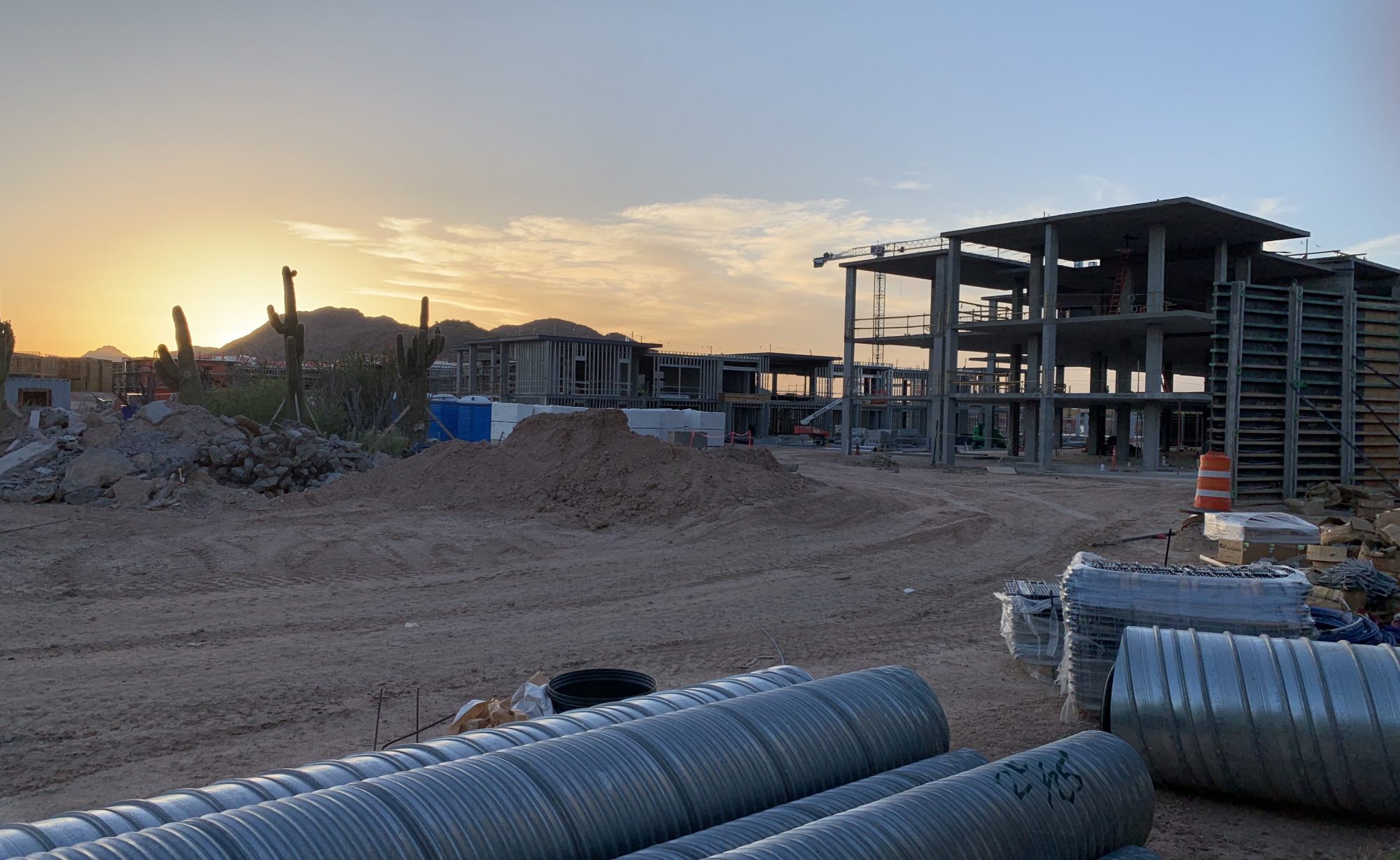 The Arizona Court of Appeals recently addressed the scope of Arizona’s Prompt Payment Act in RSP Architects, Ltd. v. Five Star Development Resort Communities, LLC, 306 P.3d 93, 232 Ariz. 436 (App. 2013). Specifically, the court was tasked with determining whether an architect performing an architectural services contract was a “contractor” entitled to protection under the Act. Consistent with the ordinary definitions of “architect” and “contractor,” the court ultimately held that the Act does not apply to architectural service contracts. But the case was not as straightforward as one might have expected.
The Arizona Court of Appeals recently addressed the scope of Arizona’s Prompt Payment Act in RSP Architects, Ltd. v. Five Star Development Resort Communities, LLC, 306 P.3d 93, 232 Ariz. 436 (App. 2013). Specifically, the court was tasked with determining whether an architect performing an architectural services contract was a “contractor” entitled to protection under the Act. Consistent with the ordinary definitions of “architect” and “contractor,” the court ultimately held that the Act does not apply to architectural service contracts. But the case was not as straightforward as one might have expected.
The plaintiff, RSP Architects, Ltd. (“RSP”), sought to invoke the Prompt Payment Act because, on contracts to which the Act applies, it renders all billings for progress payments “certified and approved” unless the owner objects in writing within 14 days. With limited exceptions, the Act then requires owners to make progress payments within seven days after a bill is certified and approved. RSP attempted to use the Act to collect on a series of invoices to which the owner, Five Star Development Resort Communities, LLC (“Five Star”), failed to timely disapprove.
In addition to subcontractors and material suppliers, the Prompt Payment Act applies to “contractors,” which it defines as “any person, firm, partnership, corporation, association or other organization, or a combination of any of them, that has a direct contract with an owner to perform work under a construction contract.” The Act, in turn, defines a “construction contract” as:
a written or oral agreement relating to the construction, alteration, repair, maintenance, moving or demolition of any building, structure or improvement or relating to the excavation of or other development or improvement to land.
A.R.S. § 32-1129(A)(1). RSP argued that the Act applied to its architectural services contract with Five Star because the contract “relat[ed] to” the development or improvement of land, such that it was a “construction contract” and RSP was, therefore, a “contractor.”
The court, however, disagreed. First, the court noted that the Prompt Payment Act is located in Chapter 10 of Title 32 of Arizona Revised Statutes (which governs contractors), while Chapter 1 of Title 32 separately regulates architects. Second, the court pointed out that A.R.S. § 32-1159(D) “addresses architects…in a manner that demonstrates that the legislature likely did not intend to include architects within the Prompt Payment Act.”
A.R.S. § 32-1159 places limits on contractual indemnification provisions, and in doing so draws an express distinction between “construction contracts” and “architect-engineer professional service contracts.” Indeed, A.R.S. § 32-1159(D)(2) defines the latter as:
a written or oral agreement relating to the design, design-build, construction administration, study, evaluation or other professional services furnished in connection with any actual or proposed construction, alteration, repair, maintenance, moving, demolition or excavation of any structure, street or roadway, appurtenance or other development or improvement to land.
The court reasoned that adopting RSP’s contention that the Prompt Payment Act’s definition of “construction contract” includes architectural service contracts would render A.R.S. § 32-1159(D) meaningless, because every architectural service contract would already qualify as a “construction contract.” In short, there would have been no need to differentiate between the two types of contracts in A.R.S. § 32-1159.
For these reasons, the court held that RSP’s architectural services contract was not a “construction contract” to which Arizona’s Prompt Payment Act applied.
